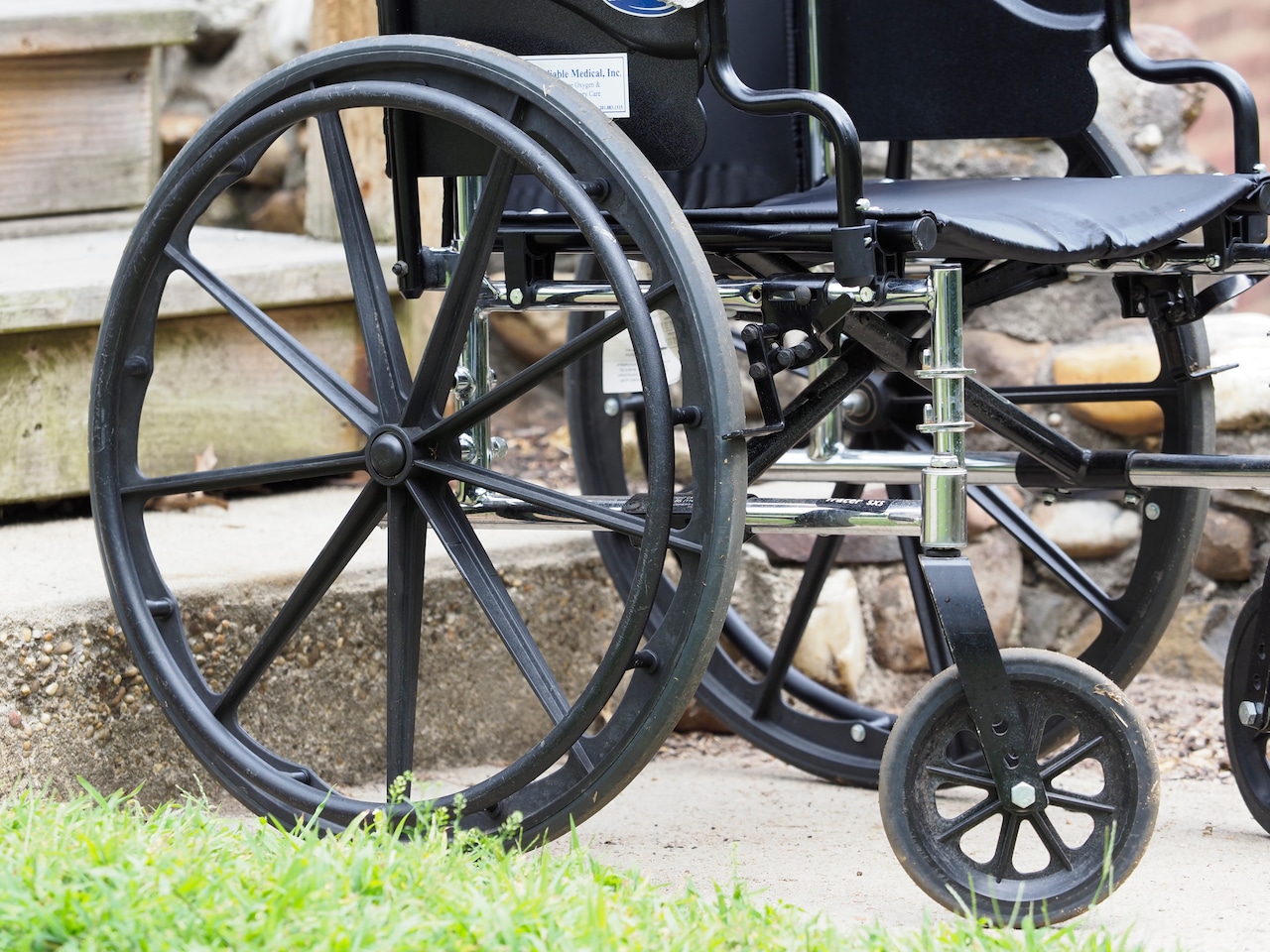
This story is part of MassLive’s ongoing housing court guide series. You can read other stories in the series here.
You have the right to access and participate equally in all court services, programs and activities regardless of any physical or mental disability. The court is required to provide reasonable accommodations for disabilities.
Accommodations may include moving a hearing to an accessible location or holding it over Zoom, providing assistive devices or real-time transcription, extra time to submit documents, holding the hearing at a specific time of day or providing frequent breaks, among others.
Each courthouse has an Americans with Disabilities Act (ADA) coordinator who can help you request an accommodation, physically fill out forms if you can’t or provide information about the process.
You can find the ADA coordinator by asking for them at the clerk’s office or on the website for the individual courthouse location.
To request an accommodation, submit a request form to the ADA coordinator by email or mail as soon as you know that you will be in court, or at least 72 hours beforehand.
Do not include medical records or doctor’s notes with the request form, as the court will ask for them if needed.
Some accommodations may require you to file a motion rather than submit a request to the ADA coordinator.
Accommodations that affect the other party in your case, such as extended filing time, having frequent breaks in the courtroom, holding hearings by Zoom, or having equipment or an animal (other than a trained service animal) in the courtroom will require a motion to be approved by the judge or the clerk magistrate.
To file a motion, fill out the motion form and return it by mail or in-person to the clerk’s office. Note that the motion will be listed on your case’s court docket and may be available to the public.
If you wish to keep the information in the motion private, fill out the portion of the form titled “Impoundment” explaining why. Like with an accommodation request form, do not attach any medical records or doctor’s notes to the motion form.
If you are unsure whether you should file a request form or a motion, contact the ADA coordinator.
If you are being evicted due to behavior related to a disability, contact the Tenancy Preservation Program, which may be able to work with you and your landlord to find a solution and avoid eviction.





